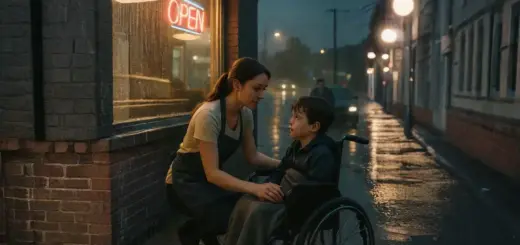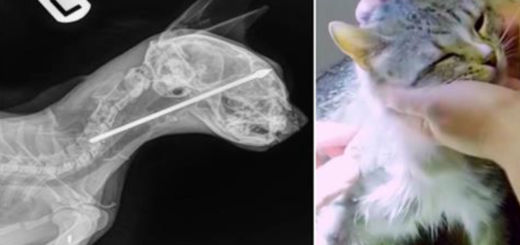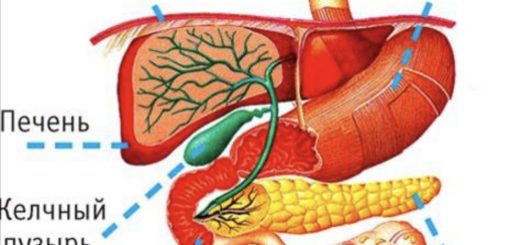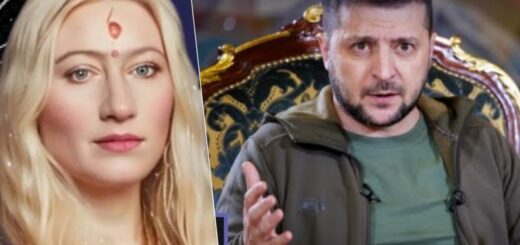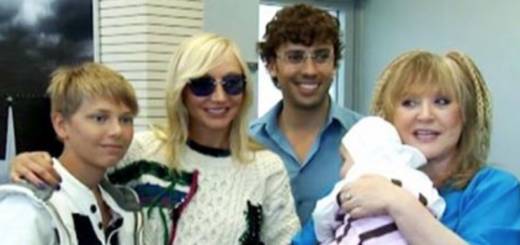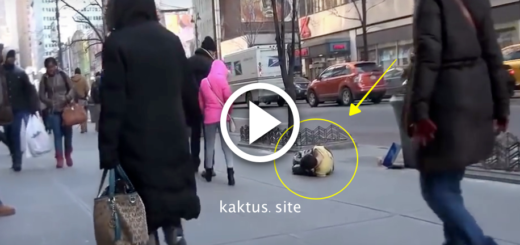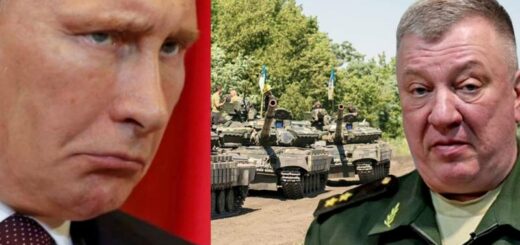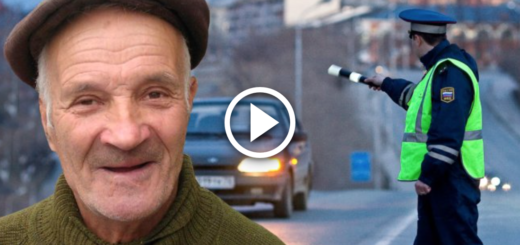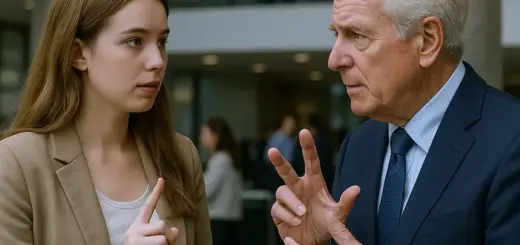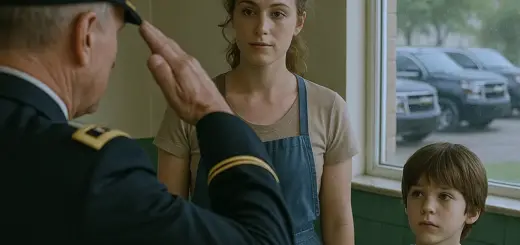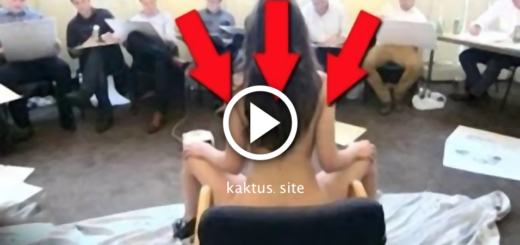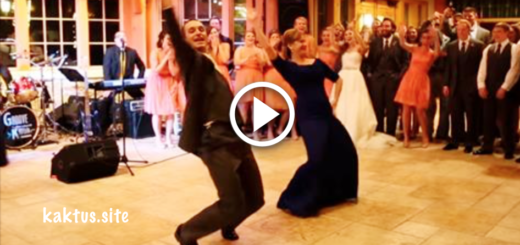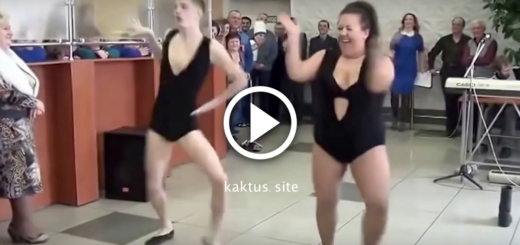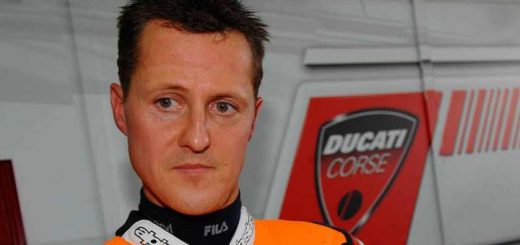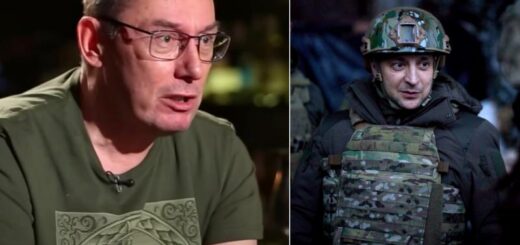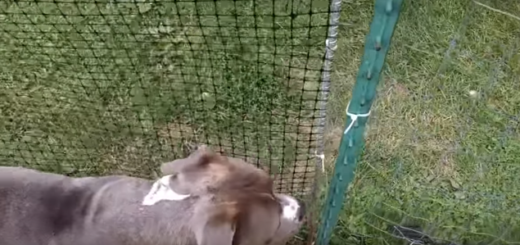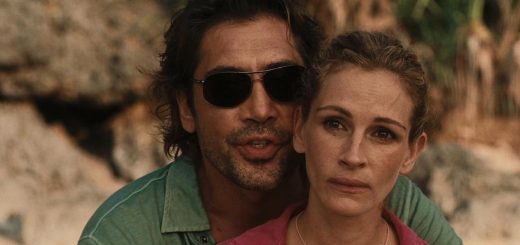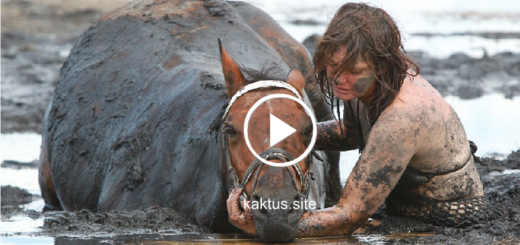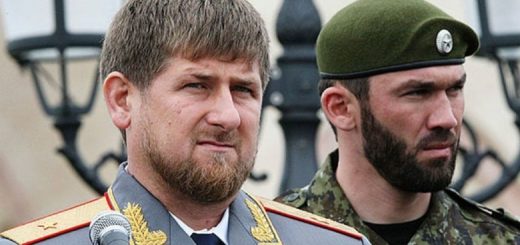Across the street, the confrontation had reached a new peak of absurdity. Officer Miller had now unilaterally decided that Ethan required a psychiatric assessment.
— “Mr. Hayes, I am going to need you to get into the vehicle. We are taking you to the hospital for an evaluation.”
— “I am not going.”
— “What do you mean you’re not going? This is no longer a request. It is a direct order.”
— “Based on what specific law?”
Miller faltered. There was no statute that permitted the detention of an elderly individual simply for operating an old motorcycle. No regulation mandated a psychological review without clear and reasonable cause. But she was in too deep now. The crowd was filming, and backing down would be an admission of a gross misjudgment.
— “The elder protection act. You are engaging in behavior that poses a risk to your own safety.”
For the first time, a smile touched Ethan’s lips. It was small, almost imperceptible—the kind of smile that comes from recognizing a poorly constructed lie. He had heard far more sophisticated deceptions from far more dangerous adversaries.
— “Officer Miller, may I pose a question to you? How many years have you been in service?”
Miller did not appreciate the shift in tone, nor the question itself.
— “Mr. Hayes, get in the vehicle. Now.”
— “I am not going.”
— “Then I will be forced to use physical means.”
Frank Peterson, still watching intently, felt a surge of pure admiration. Whoever Ethan Hayes truly was, the man possessed an unbelievable degree of courage. The tension in the air was palpable; the crowd sensed that a critical moment was approaching. They were correct. Far down the road, the distinct shape of multiple vehicles was rapidly approaching. Ethan Hayes was unaware, but his reinforcements were on the way.
The first indication was a sound—a deep, resonant roar of powerful engines. A convoy of twelve Humvees rounded the bend at high speed, their tires kicking up clouds of dust. They screeched to a halt, forming a strategic semicircle that effectively cordoned off the scene. From the vehicles, fifty soldiers disembarked in perfect unison.
An officer emerged from the lead Humvee. He was Captain Davis, fifty-five years old, with twenty-two years of distinguished active service. He strode directly toward Ethan Hayes, utterly ignoring the two local police officers. He stopped three paces away and executed a flawless, sharp salute.
— “Colonel Hayes.”
The word “Colonel” hung in the air like a shockwave. Miller and Sanchez exchanged looks of pure panic.
— “Sir, we received a report of a… misunderstanding here.”
Captain Davis finally turned his attention to the officers, his eyes as sharp and cold as surgical steel.
— “Who gave the order to stop Colonel Hayes?”
Miller struggled to regain some semblance of control.
— “Officer Miller, local police. We pulled this gentleman over because—”
— “This gentleman?” Captain Davis’s voice boomed.
In a single, synchronized movement, all fifty soldiers took one step forward—an unspoken, instinctual display of solidarity with their legendary commander.
— “Captain, I had no idea he was military.”
— “This man,” Captain Davis began, his voice ringing with authority, “served three tours in Vietnam. He conducted critical intelligence operations in the Gulf and Afghanistan. He personally trained hundreds of United-Sates Army officers, myself included. The man you detained holds two Bronze Stars, two Purple Hearts with four oak leaf clusters, and the Distinguished Service Cross. Colonel Hayes is considered a living legend within the United States Armed Forces. Soldiers from every corner of this nation have come to train under his command.”
He turned his piercing gaze back to Miller.
— “Officer, you have shown profound disrespect to a decorated war hero who has dedicated sixty years of his life to the service of your country.”
Sanchez attempted to intervene.
— “We were just doing our job.”
— “Your job is to protect and to serve. It is not to publicly humiliate an elder,” the captain shot back.
The sentiment of the crowd shifted instantly. The cell phones continued to record, but now with a sense of awe rather than morbid curiosity. The online comments being typed at that very moment took on an entirely new tone.
— “That’s horrible. That officer was completely out of line.”
Miller took a hesitant step toward Ethan.
— “Sir… Colonel Hayes… I… I am so sorry. I didn’t know.”
— “Officer Miller, may I offer you a piece of advice?” Ethan’s voice was gentle.
— “Yes, sir.”
— “Never judge a person by their outward appearance. You have no idea of the battles they have fought or the scars they carry within.”
The lesson resonated through the silent crowd, a powerful message for everyone watching, both in person and through their screens.

